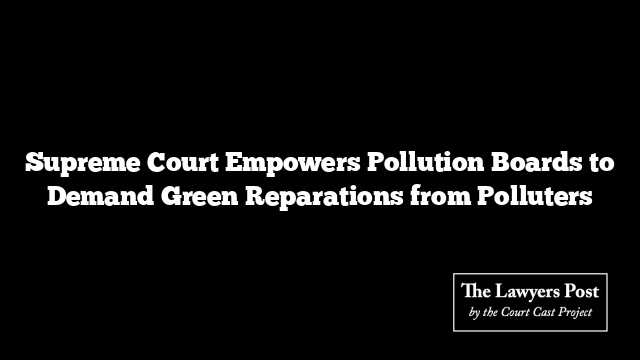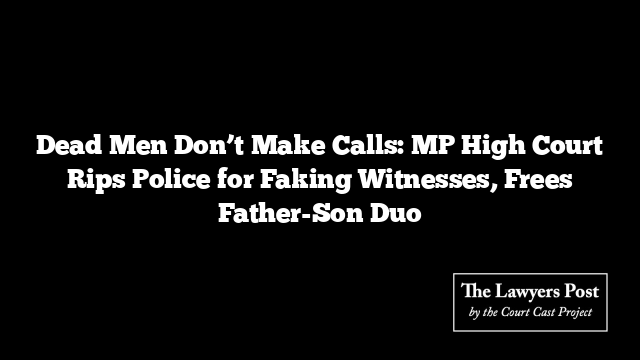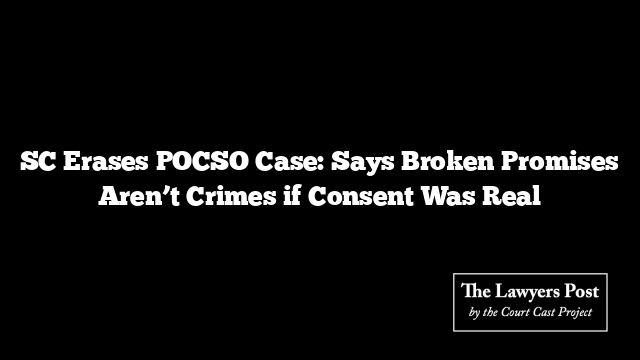In a pivotal ruling that recalibrates the legal gears of environmental enforcement, the Supreme Court has declared that Pollution Control Boards (PCBs) across the country are well within their statutory powers to demand monetary compensation from entities that damage or threaten to damage the environment.
The judgment, delivered by Justices PS Narasimha and Manoj Misra, clarified that these Boards — operating under the Water (Prevention and Control of Pollution) Act and the Air (Prevention and Control of Pollution) Act — may impose fixed monetary compensation or insist on bank guarantees as a precautionary measure. The intent: deter potential environmental harm or address damage already done.
But this authority, the Court emphasized, isn’t a blank cheque.
Compensation, it said, cannot be slapped on every technical violation. The trigger point must be actual or imminent environmental damage. That’s when Sections 33A (Water Act) and 31A (Air Act) kick in, allowing the Boards to wield their powers.
The case at the heart of this ruling involved the Delhi Pollution Control Committee (DPCC), which had issued notices to various commercial and residential operators — including Lodhi Property Co. Ltd. — for running without environmental clearance. The DPCC demanded both compensation and bank guarantees as a precondition for granting operating consent.
A 2012 High Court ruling had clipped DPCC’s wings, terming such demands as unauthorized penalties — a domain reserved for the judiciary. The DPCC took the fight to the Supreme Court, which has now overturned the earlier verdict.
Delving into precedent, the apex court leaned on landmark environmental cases — Vellore Citizens Welfare Forum v. Union of India and Indian Council for Enviro-Legal Action v. Union of India — reaffirming the constitutional and statutory duty of environmental restitution. This isn’t punishment, the Court reminded, but reparation and prevention.
To ensure the power is used judiciously, the Court sketched a five-point framework:
- Remedy vs Punishment: Compensation for environmental harm or risk is distinct from criminal penalties like fines or imprisonment. Only courts can impose the latter.
- Compensation ≠ Punishment: Demands made for restitution or prevention aren’t punitive. They fall under regulatory and remedial jurisdiction.
- Polluter Pays is the Law: The doctrine is deeply embedded in Indian environmental jurisprudence. Whether a threshold is breached or not, if there’s damage — or even a credible threat — compensation can be demanded.
- Act Before the Harm: The Boards have a duty to act preventively. Waiting for damage isn’t an option. Proactive enforcement is a must.
- Parallels with Environment Protection Act: Sections 33A and 31A of the Water and Air Acts carry the same muscle as Section 5 of the Environment Protection Act — which allows the Centre to demand payment from polluters for remedial action. The Boards, too, have this power.
With that, the Supreme Court allowed the DPCC’s appeal, affirming the authority of pollution boards to enforce environmental responsibility with financial teeth.





